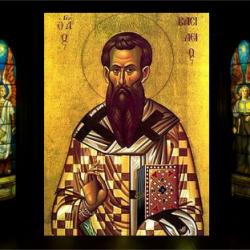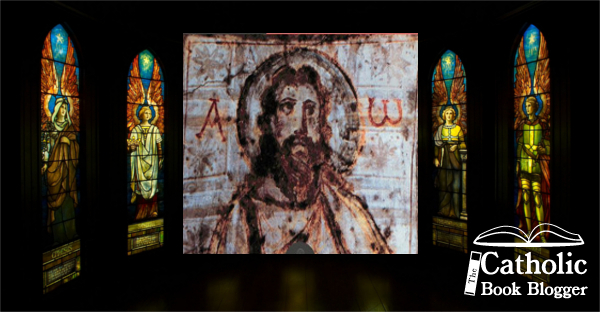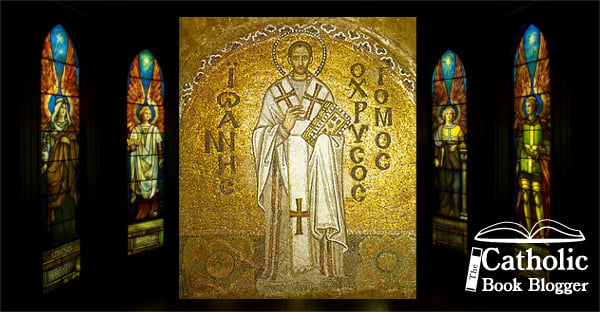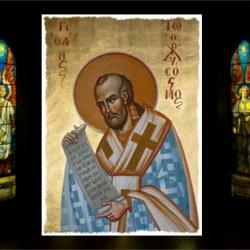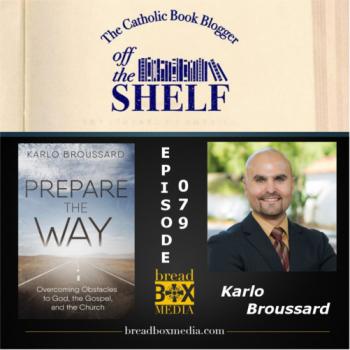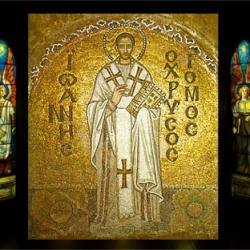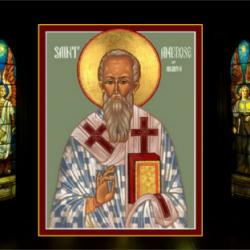St. Basil was a man who knew how to ask for a favor. In this letter he very gently appeals to a provincial governor’s love of reputation, suggesting that the surest way to earn wide fame is to be known for his good deeds. I am aware that your excellency is favorably receiving my letters, and I understand why. You love all that is good; you are ready in doing kindnesses. So whenever I give you the opportunity of showing... Read more


